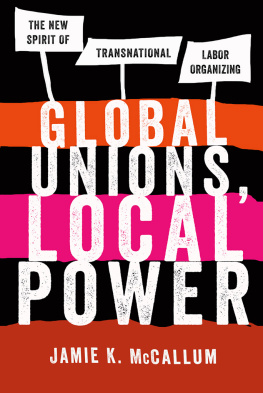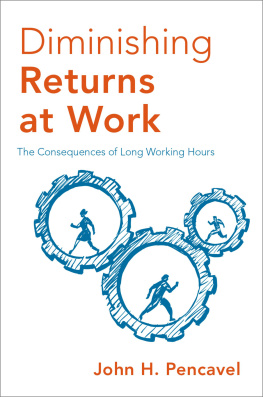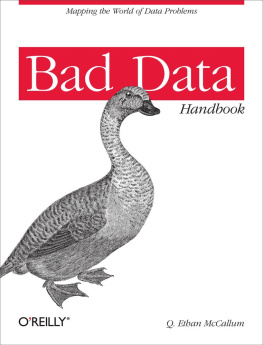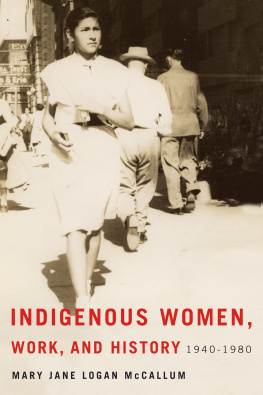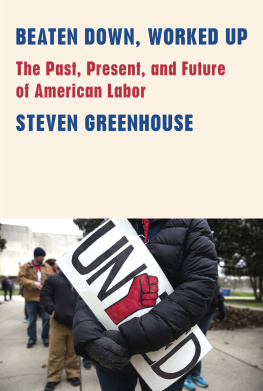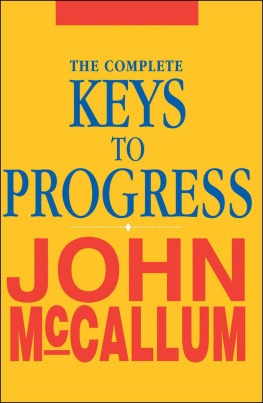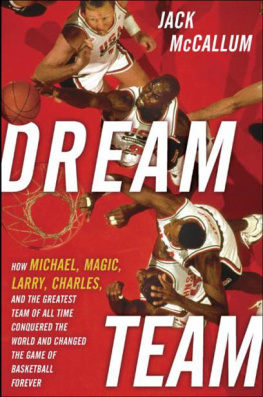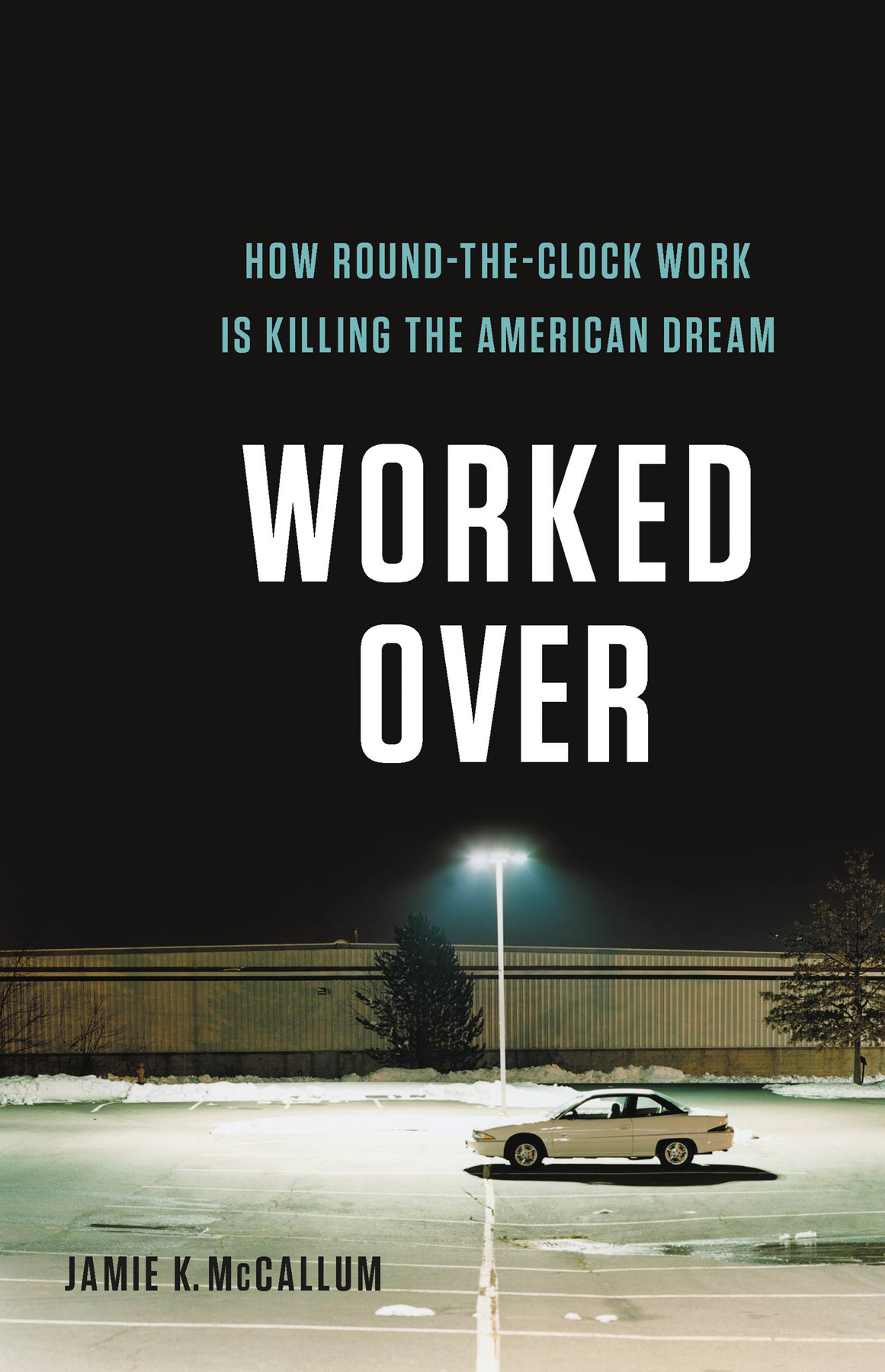
Copyright 2020 by Jamie K. McCallum
Cover design by Chin-Yee Lai
Cover image copyright Michael Cogliantry / Getty Images
Cover copyright 2020 by Hachette Book Group, Inc.
Hachette Book Group supports the right to free expression and the value of copyright. The purpose of copyright is to encourage writers and artists to produce the creative works that enrich our culture.
The scanning, uploading, and distribution of this book without permission is a theft of the authors intellectual property. If you would like permission to use material from the book (other than for review purposes), please contact permissions@hbgusa.com. Thank you for your support of the authors rights.
Basic Books
Hachette Book Group
1290 Avenue of the Americas, New York, NY 10104
www.basicbooks.com
First Edition: September 2020
Published by Basic Books, an imprint of Perseus Books, LLC, a subsidiary of Hachette Book Group, Inc. The Basic Books name and logo is a trademark of the Hachette Book Group.
The Hachette Speakers Bureau provides a wide range of authors for speaking events. To find out more, go to www.hachettespeakersbureau.com or call (866) 376-6591.
The publisher is not responsible for websites (or their content) that are not owned by the publisher.
Library of Congress Cataloging-in-Publication Data
Names: McCallum, Jamie K., 1977author.
Title: Worked over : how round-the-clock work is killing the American dream / Jamie K. McCallum.
Description: First edition. | New York : Basic Books, 2020. | Includes bibliographical references and index. |
Identifiers: LCCN 2020014358 | ISBN 9781541618343 (hardcover) | ISBN 9781541618367 (ebook)
Subjects: LCSH: Hours of laborUnited States. | OvertimeUnited States. | WagesUnited States. | Work ethicUnited States. | Work-life balanceUnited States. | LaborUnited States.
Classification: LCC HD5124 .M355 2020 | DDC 331.25/70973dc23
LC record available at https://lccn.loc.gov/2020014358
ISBNs: 978-1-5416-1834-3 (hardcover), 978-1-5416-1836-7 (ebook)
E3-20200813-JV-NF-ORI
Global Unions, Local Power:
The New Spirit of Transnational Labor Organizing
FOR ASA
The less you eat, drink and buy books; the less you go to the theatre, the dance hall, the public house; the less you think, love, theorize, sing, paint, fence, etc., the more you savethe greater becomes your treasure which neither moths nor rust will devouryour capital. The less you are, the less you express your own life, the more you have, i.e., the greater is your alienated life, the greater is the store of your estranged being.
KARL MARX,
Economic and Philosophic Manuscripts of 1844
T HREE DAYS AFTER C HRISTMAS IN 1973 A GROUP OF WORKERS downed their tools and refused to work. They drew up a list of grievances and demands that they sent to management, and promptly went on strike. Theyd been working sixteen-hour days, weeks without a day off, and they had finally reached their limit. The lead troublemaker was William Pogue, who was frustrated by the scheduling demands put upon him and his fellow workers. Were just being driven to the wall! he said. No time for mental preparation theres no way we can do a professional job! He felt like a one-armed paper hanger trying to get started in insufficient time!
Pogues missive could easily describe a strike in some Rust Belt steel mill. After all, tens of thousands of those workersfrustrated by similar complaints about speedup, technological innovation, and unfair production demandsalso struck during the seventies. But Pogue was orbiting the Earth. He and his two fellow astronauts were six weeks into what is to this day the longest and last manned mission aboard the Skylab, the first American space station. They made painstaking observations of the sun and Comet Kohoutek, performed extensive medical tests, took technical photographs of the Earth, and were on track to complete four dangerous space walks.
None of the astronauts had been in space before, and with inadequate time to acclimate, Pogue became nauseous. The crew understood it to be just a passing sickness and decided not to report it to Mission Control. Unbeknownst to them, however, Houston was listening, spying on the astronauts conversations, and would later castigate them for keeping secrets. Resentment built over the micromanagement, and their communication with Earth became increasingly hostile.
First Commander Jerry Carr, one of the three astronauts on board the space station, emphasized the unreasonable imposition of the Earth-bound bosses. On the ground, I dont think we would be expected to work a sixteen-hour day for eighty-five days, and so I really dont see why we should even try to do it up here. The crew members gained a reputation for being notoriously irascible, even though their complaints echo those of many workers today. We need more time to rest, Carr said. We need a schedule that is not so packed. We dont want to exercise after a meal. We need to get things under control.
Then he switched off radio communication. The crew rebelled with an unscheduled day off, stopping all craft maintenance, self-monitoring, and experiments. It was the first strike in space. Houston had a problem. With the flip of a switch, managers were cut off from the mission, and the workers were in charge, if only for one placid day. Given the nature of their relationship to the crew on Earth, which had no choice but to meet their demands, the astronauts enjoyed significant leverage, what sociologists call structural power. Soon after their strike they negotiated a reduced workload, fairer schedules, and greater control over the planning of the mission. Houston gave them required tasks to perform, but the crew was able to plan how the work would be completed. Pogue, described by coworkers as a down-to-earth
Initial reports attributed the astronauts insubordination to lethargy or depression. But Pogue corrected that interpretation. The flight had made him much more inclined toward humanistic feeling toward other people, other crewmen, he told Science News in 1985. I try to put myself into the human situation, instead of trying to operate like a machine. Upon their return to Earth six weeks later, the crew was met with a heros welcome. But although no laws prohibit strikes in outer space, unlike on the ground in the United States, the three astronauts faced the ultimate discipline: NASA ensured they never left the stratosphere again.
Theres no evidence the Skylab strike had any lasting impact on interstellar labor relations, and it remains the only organized extraterrestrial work stoppage as far as we know. Can this vignette from over forty years ago tell us anything about our contemporary predicament? NASA astronauts, professional space travelers, are hardly representative of working America. They had, however, voiced a concern about long hours, surveillance, and bad schedules that still resonates decades later among all kinds of workers. Overwork is the new normal, and millions of Americans feel the time squeeze. Schoolteachers are increasingly moonlighting to make ends meetand not just in the summer. The manufacturing renaissance over the last two decades, especially in the South, has put more people to work at longer hours in automobile factories, the industry most identified with heroically shortening the workweek through strikes and collective bargaining. Even those who work the fewest hours today have increased their time at work the most. Mandatory overtime is on the rise, especially among those workers who are exempt from overtime pay regulations. And then there are the corporate professionals and CEOs who often put in sixty- and seventy-hour weeks, topping the list of overworked Americans.


